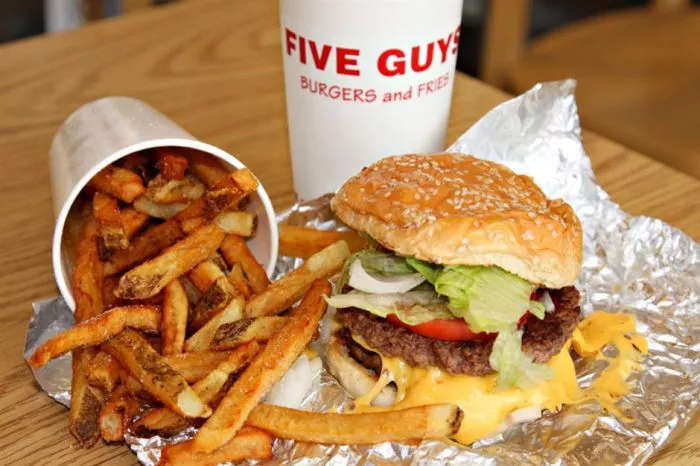Identifying fast food options that don’t contain preservatives can be challenging, as many chain restaurants rely on preservatives to maintain the freshness and shelf life of their products. However, there are some fast food establishments and menu items that prioritize using fresh, minimally processed ingredients and avoiding the use of synthetic preservatives. In this comprehensive discussion, we’ll explore some examples of fast food options that are likely to be free of preservatives, along with strategies for making healthier choices when dining out.
Fast Food with Minimal Preservatives
Chipotle Mexican Grill: Chipotle is known for its commitment to using fresh, sustainably sourced ingredients and avoiding artificial additives. Many of their menu items, such as burrito bowls, tacos, and salads, are made with whole foods like grilled meats, rice, beans, and vegetables, without the need for synthetic preservatives.
Subway: Subway offers a variety of sandwiches, salads, and wraps made to order with fresh ingredients. While some of their menu items may contain preservatives in certain components like condiments or processed meats, customers have the option to customize their orders and choose preservative-free ingredients.
Panera Bread: Panera Bread focuses on providing “clean” menu options made with high-quality, minimally processed ingredients. They have committed to removing artificial preservatives, flavors, sweeteners, and colors from their menu items. Many of their soups, salads, sandwiches, and bakery items are made without synthetic preservatives.
Five Guys: Five Guys is known for its made-to-order burgers, fries, and milkshakes. They use fresh beef for their burgers and hand-cut potatoes for their fries, avoiding the need for preservatives in these core ingredients. While some of their toppings and condiments may contain preservatives, customers can customize their orders to limit their exposure.
In-N-Out Burger: In-N-Out Burger is a regional fast food chain known for its simple menu and commitment to using fresh, high-quality ingredients. Their burgers, fries, and shakes are made with fresh beef, potatoes, and dairy products, without the use of synthetic preservatives.
Strategies for Making Healthier Choices
Even at fast food establishments that may use preservatives in some menu items, there are ways to make healthier choices and minimize exposure to synthetic additives:
Choose Whole Foods: Opt for menu items that are made with whole, minimally processed ingredients, such as grilled meats, fresh vegetables, whole grains, and legumes.
Customize Your Order: Many fast food restaurants offer customization options, allowing customers to tailor their orders to their preferences. Choose items without added sauces, dressings, or processed toppings that may contain preservatives.
Ask About Ingredients: If you’re unsure about the ingredients or preservatives used in a particular menu item, don’t hesitate to ask a staff member or check the restaurant’s website for information.
Focus on Freshness: Look for menu items that are made fresh to order or prepared in-house, as these are less likely to contain synthetic preservatives than pre-packaged or processed foods.
Limit Processed Extras: Be mindful of extras like sauces, condiments, and side dishes that may contain added preservatives. Consider skipping these extras or opting for simpler alternatives, such as fresh fruit or a side salad.
Conclusion
While many fast food options contain preservatives to maintain freshness and extend shelf life, there are some establishments and menu items that prioritize using fresh, minimally processed ingredients. By choosing fast food options with minimal preservatives and making healthier choices when dining out, consumers can enjoy convenient meals without compromising their health. Additionally, advocating for transparency in food labeling and supporting restaurants that prioritize quality ingredients can help encourage the availability of more preservative-free options in the fast food industry.

